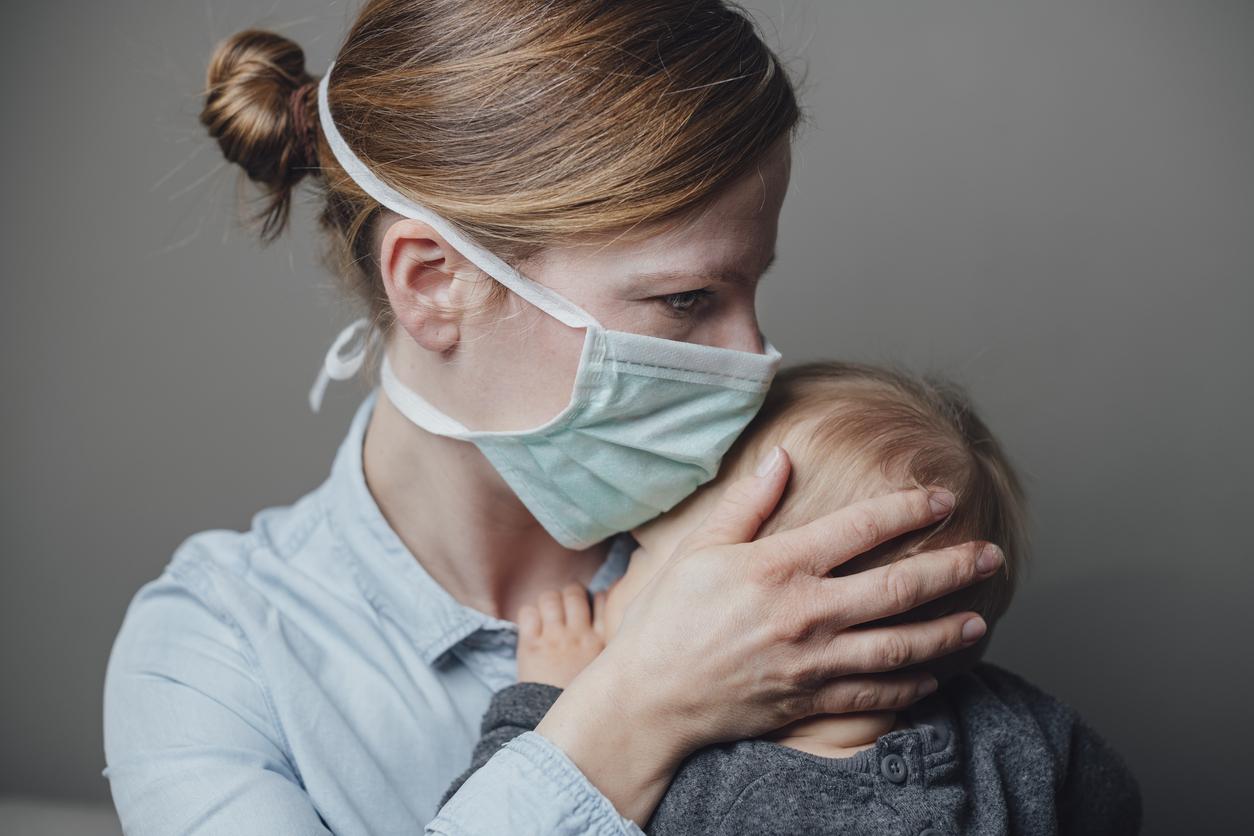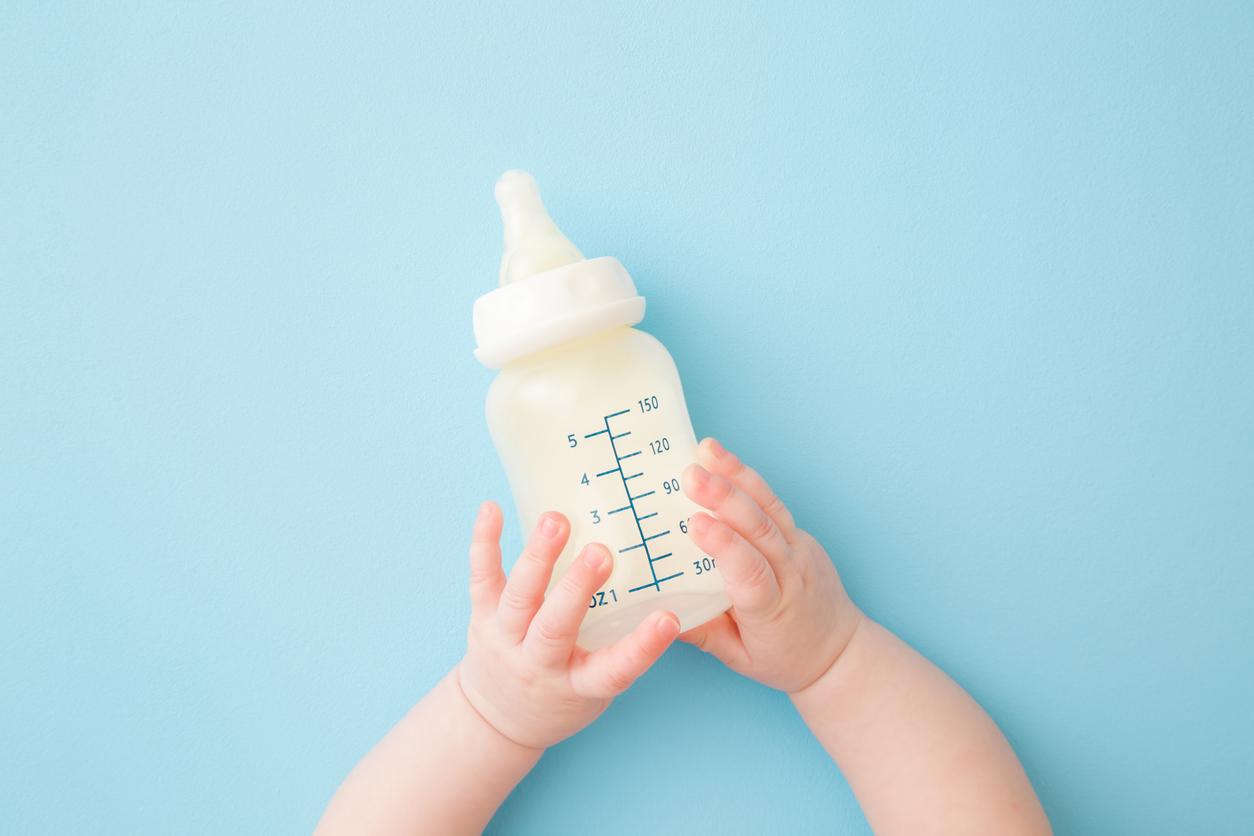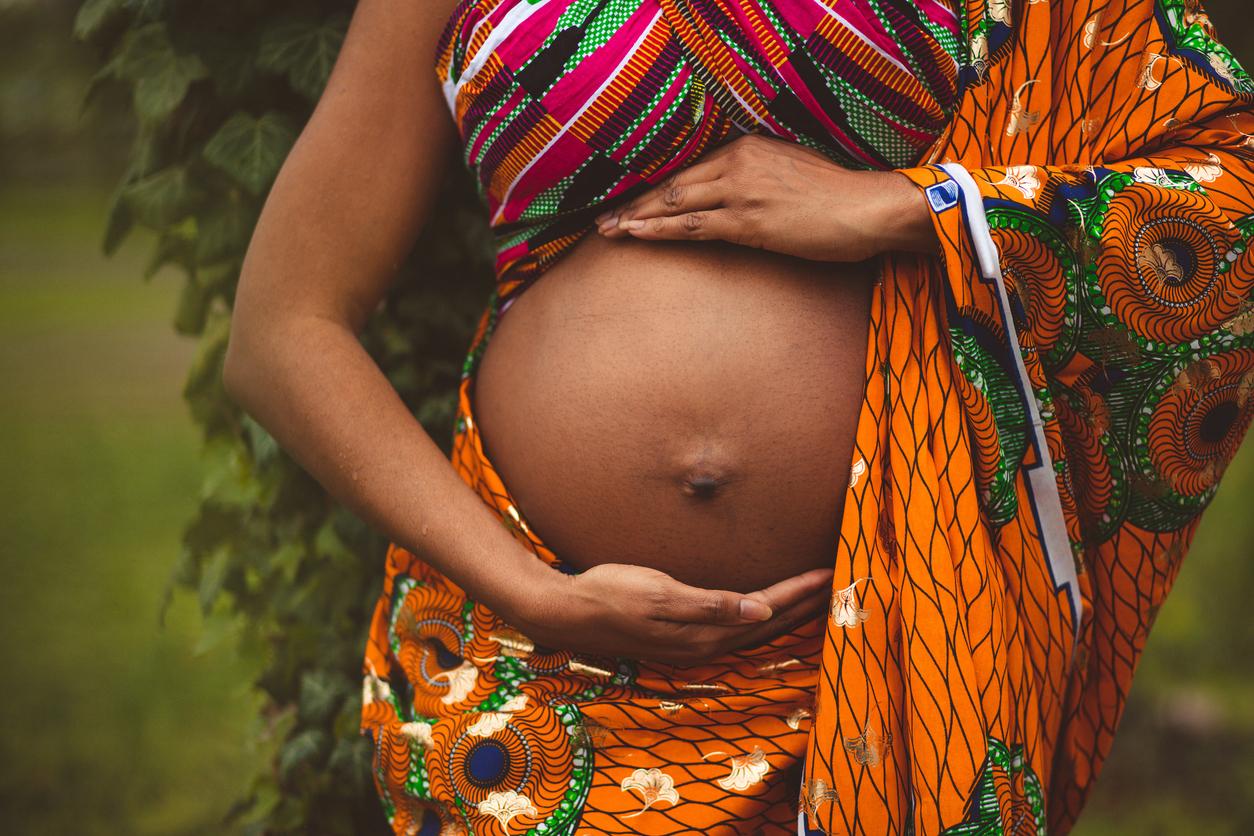Infants born at the start of the Covid-19 pandemic have a less diverse microbiota, compared to children born previously.

- Analysis of stool samples shows that infants born during the Covid-19 pandemic have lower diversity in their gut microbiota.
- This could be explained by the epidemic context: the reduction in social interactions, increased hygiene or even changes in diet.
- Low microbiota diversity can have health consequences.
The effects of the Covid-19 pandemic are far from being fully understood. In Scientific Reports, researchers from New York University reveal a new one. According to their work, babies born at the start of the epidemic have a lower diversity of bacteria in their intestine. According to them, this could have different consequences on their health.
Covid-19: children born during the pandemic have different microbiota
This work is based on the analysis of stool samples from infants born between March and December 2020 and from children born before this period. All were 12 months old at the time of sampling. Researchers found that infants whose gut microbes were collected during the pandemic had lower gut microbiota diversity, “which means there were fewer species of bacteria in the gut”, they specify. “Infants had lower abundances of Pasteurellaceae and Haemophilus, bacteria found in humans that can cause a variety of infections, and significantly different beta diversity.”they develop.
Babies born during Covid-19: How to explain changes in the composition of the intestinal microbiota?
According to the authors, these differences could be linked to social changes caused by the Covid-19 pandemic: infants probably spent more time at home and less time in daycare where they could have interacted with other children. . It can also be the consequence of increased hygiene, changes in diet and breastfeeding practices. “The Covid-19 pandemic provides a rare natural experiment to help us better understand how the social environment shapes the infant gut microbiome.”estimates Sarah C. Vogel, co-lead author of the article and doctoral student in the Steinhardt developmental psychology program at New York University.
Infants: what are the consequences of a low variety of microbiota?
Although caution must be exercised in interpreting these results, the co-authors nevertheless emphasize that there Intestinal diversity is linked to health across the lifespan.”In adults, we know that lower diversity of microbiota species in the gut is associated with poorer physical and mental health. says Natalie Brito, lead author and associate professor at NYU Steinhardt. As recalled byInserm, the intestinal microbiota plays a role in digestive, metabolic, immune and neurological functions. “Consequently, dysbiosis, that is to say the qualitative and/or functional alteration of the intestinal microbiota, is a serious avenue to explain certain diseases, particularly among those underpinned by autoimmune or inflammatory mechanisms.“, specifies the organization. Other studies will be necessary to measure the long-term consequences of this less diverse microbiota in infants born during the pandemic.


















